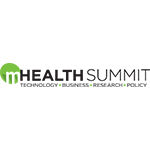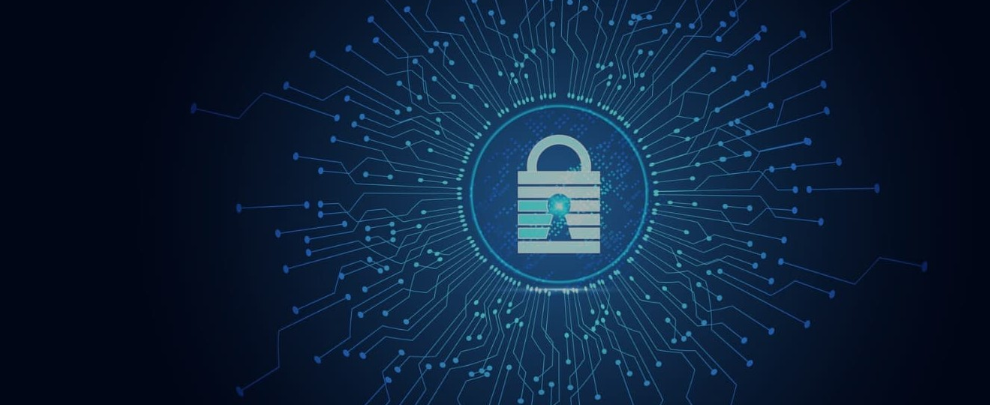In today’s digital healthcare landscape, safeguarding patient data is essential for maintaining trust and meeting regulatory requirements. As cyber threats grow more advanced, hospitals, clinics, and digital health startups must remain proactive in defending their systems. A strong cybersecurity program begins with comprehensive risk assessments—identifying vulnerable devices, data pathways, and access points across the organization.
Ongoing employee training is key: staff must be able to spot phishing attempts and understand how to respond to potential security incidents. Implementing multi-factor authentication and enforcing strong password practices are critical steps in protecting electronic health records and other sensitive information.
Network segmentation offers strategic protection by isolating essential medical devices and servers, minimizing the impact of potential breaches. Data should be encrypted both at rest and in transit, and all third-party vendors must adhere to rigorous security standards.
A well-prepared incident response plan is vital. Conducting breach simulations helps ensure teams can act swiftly to contain and resolve threats. Additionally, continuous system monitoring and timely software patching are crucial to closing known vulnerabilities.
Ultimately, in healthcare, cybersecurity is patient safety. Every layer of defense not only helps prevent operational disruptions, financial losses, and damage to reputation—it empowers clinicians to deliver high-quality care with confidence.

























